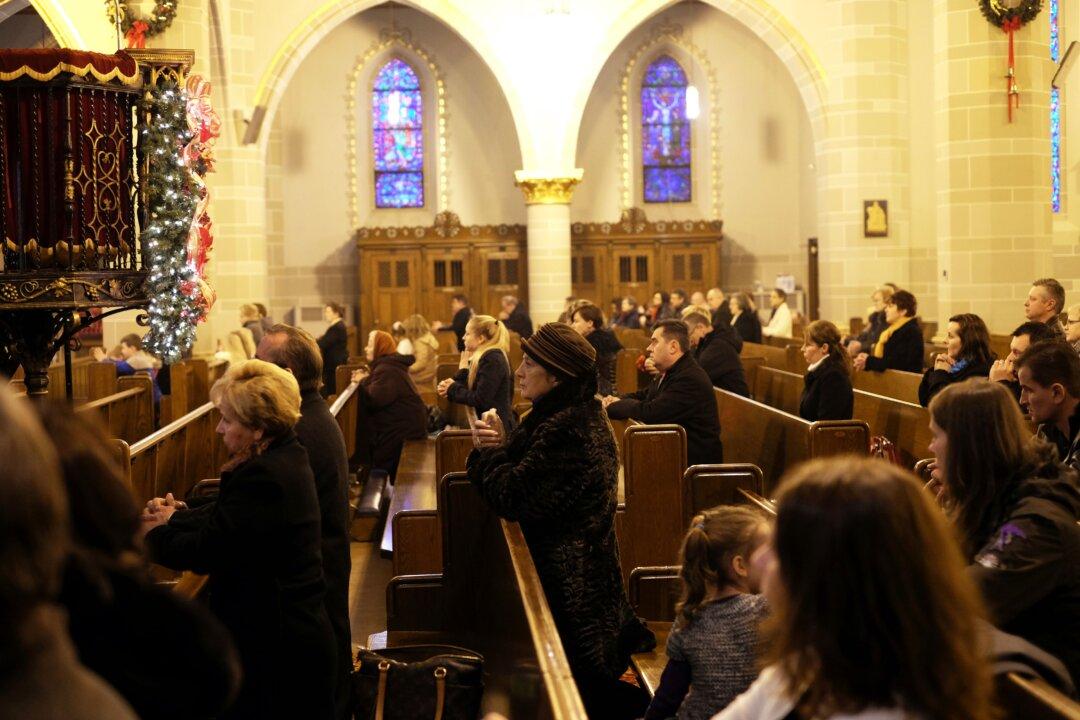Commentary
It’s commonplace in many of the most influential public policy precincts in the nation’s capitol these days to say that Christianity is in steep decline in the United States, that the country is fast becoming more secularized with every passing day.





